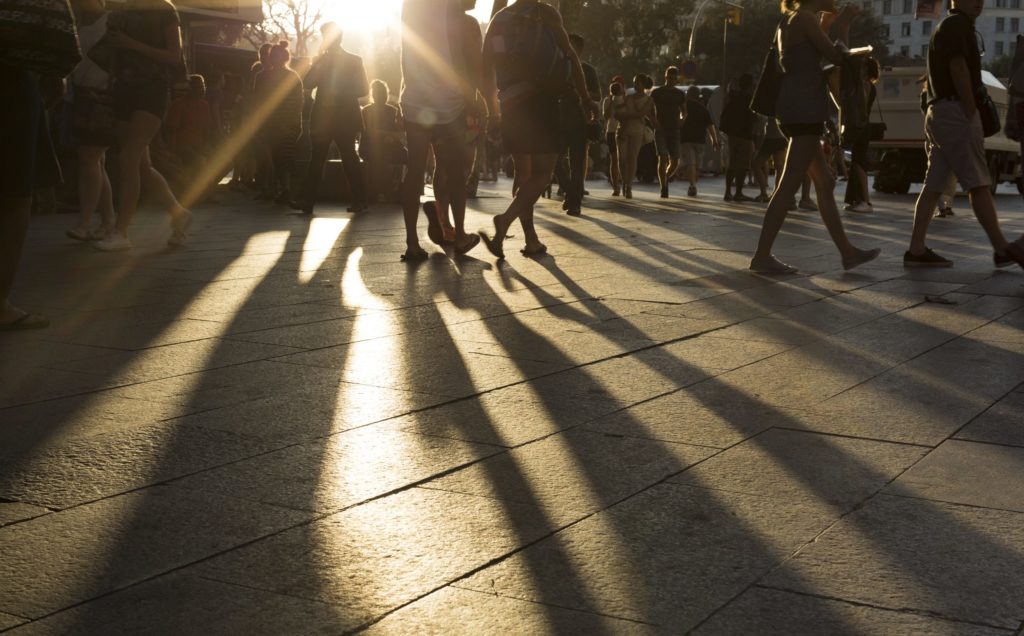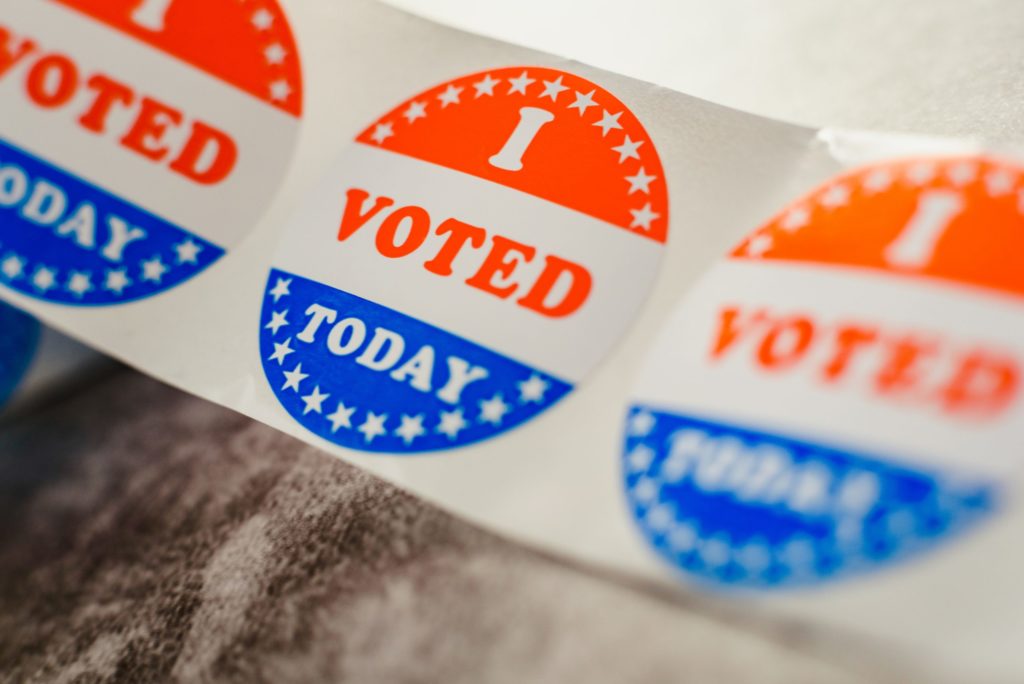Scheindlin v. Scheindlin
In an April op-ed for the Guardian, retired federal district judge Shira Scheindlin laments that “Trump judges […] as a general matter,” oppose a myriad of desirable public policies and are linked to a political party intent on reversing “a hundred years” of social progress. Moreover, due to the growing number of these judges joining the bench, she warns that Americans will soon be unable to “find
comfort in the federal courts.”
In short, she argues that this is because Trump’s
judicial appointments are uniquely unqualified and their swift confirmations
will lead to a complete overhaul of good public policies. She also notes that
Trump’s nominees now account for over 20 percent of all federal appellate
judges and continues on to claim that these judges have “shown that they can be
counted on to advance the president’s agenda.” In support of such a claim, she
notes one judge’s comment against the “moral tragedy of abortion” and the Sixth
Circuit’s recent en banc decision
concerning a law that bars state funds to Planned Parenthood.
According to Judge Scheindlin, the trouble with these
nominees’ blind loyalty to the president is only surpassed by their heterodox beliefs.
As an example, she charges one Ninth Circuit nominee of “espous[ing] harmful
stereotypes about sexual violence” and “offensive views about the LGBTQ
community.” She claims another Ninth Circuit nominee “fought to undermine civil
liberties, weaken women’s rights, and has opposed criminal justice reform.” She
also accuses two other nominees—recently confirmed as federal appellate judges—of
having “similar beliefs.”
Such broad generalizations
are puzzling coming from Judge Scheindlin in particular as, last year, she
wrote an article specifically decrying the habit of “attaching
political tags to judges.” In it, she cited President Trump’s attacks against
“Obama judge[s]” and criticized the media’s tendency to “describe a judge who
issues a controversial ruling by the name of the appointing president.” Such a
habit, she warned, “cements” the association of politics and the judiciary and
she concluded that such “political labeling impugns one of our proudest
achievements—a truly independent judiciary.” Since then, however, she appears
to have changed her tune, as the more recent piece in the Guardian merely engages in the same partisan
impugnation for which she previously faulted the media and politicians.
Perhaps worse, the op-ed also falls into the heuristic
trap of blurring law with preferred policy and interchanging judges with
rank-and-file legislators. For example, it argues that the dozens of recent
judicial nominees, “as a general matter, oppose reproductive rights, gay
rights, affirmative action, unions, government regulation, any form of gun
control, and immigration.” Beyond the hyperbole, the claim supposes that
judges—not legislators—will determine the direction of such policies. Further, coming
from a former federal judge, such statements do little to remind
the public that judges “are members of the only non-political branch of
government.”
Aside from this, the op-ed also distorts several aspects
of the Senate confirmation process. For example, it presumes that all nominees
have passed a sort of judicial litmus test, but fails to consider that many
nominations are the result of careful negotiations between the White House and
home-state senators. Just recently, for example, both Sens. Jack Reed and
Sheldon Whitehouse praised
the administration for nominating a “consensus nominee” for a federal district
court seat in Rhode Island. (President Obama previously
tapped the same nominee for the same role.)
Moreover, Judge Scheindlin also distorts the historical relevance
of the blue slip, claiming that before now, if a nominee did not receive support
from a home-state senator—in the form a positive blue slip—a judicial
nomination would not proceed. That is not the case. Indeed, history is replete
with examples
of nominations proceeding without one. Further, the blue slip tradition was
never a tool to secure “mainstream” nominees, as Judge Scheindlin suggests. It
is, instead, “an informal
tradition and courtesy to the senators of a judicial nominee’s home
state.”
For all its faults, it must be noted that the op-ed does
fairly identify the lack of diversity among current nominees. As Judge
Scheindlin observes,
“of the 92 judges confirmed to date, only 1 percent are African American, and
only 25 percent are women.” The courts would certainly be better served with
greater diversity on the bench, including nominees with broader legal
experiences, such as public defenders and lawyers with state government
experience.
It is true that judges—and their decisions—should not be
free from critique. But Judge Scheindlin’s op-ed is indicative of a troubling
trend: the presentation of legal differences as sinister partisan politics. Such
cynicism fails to appreciate the complexities of legal decision-making and,
more importantly, suggests that our independent judiciary isn’t worth protecting
after all.





